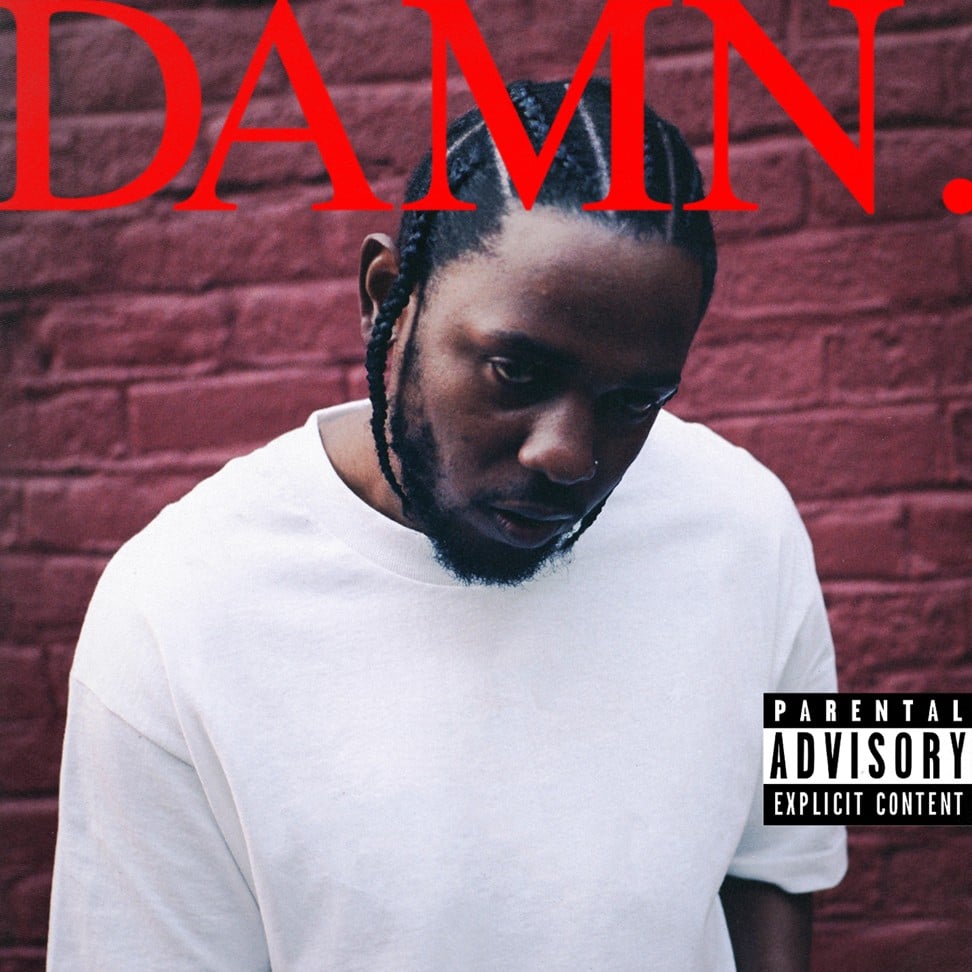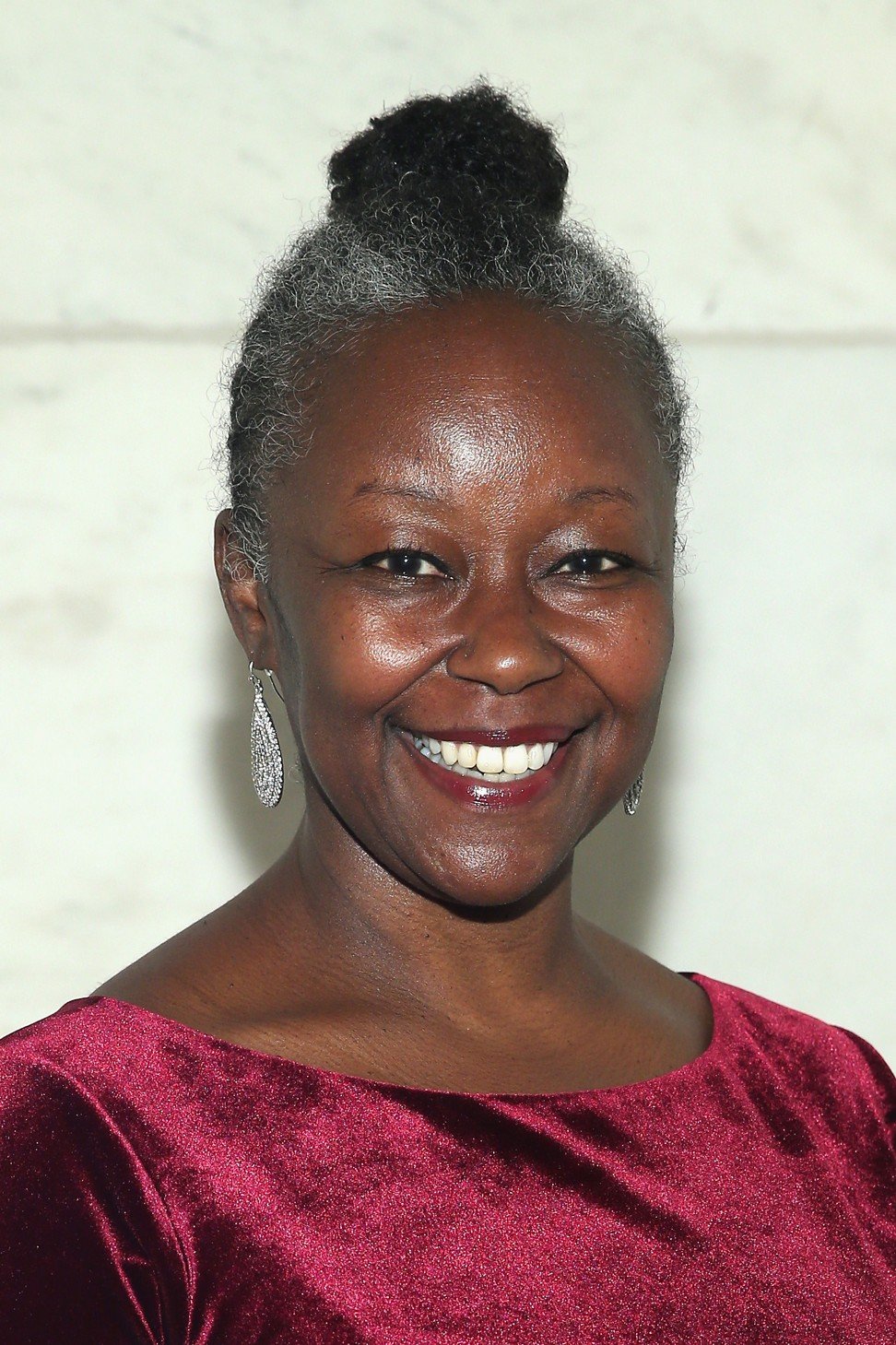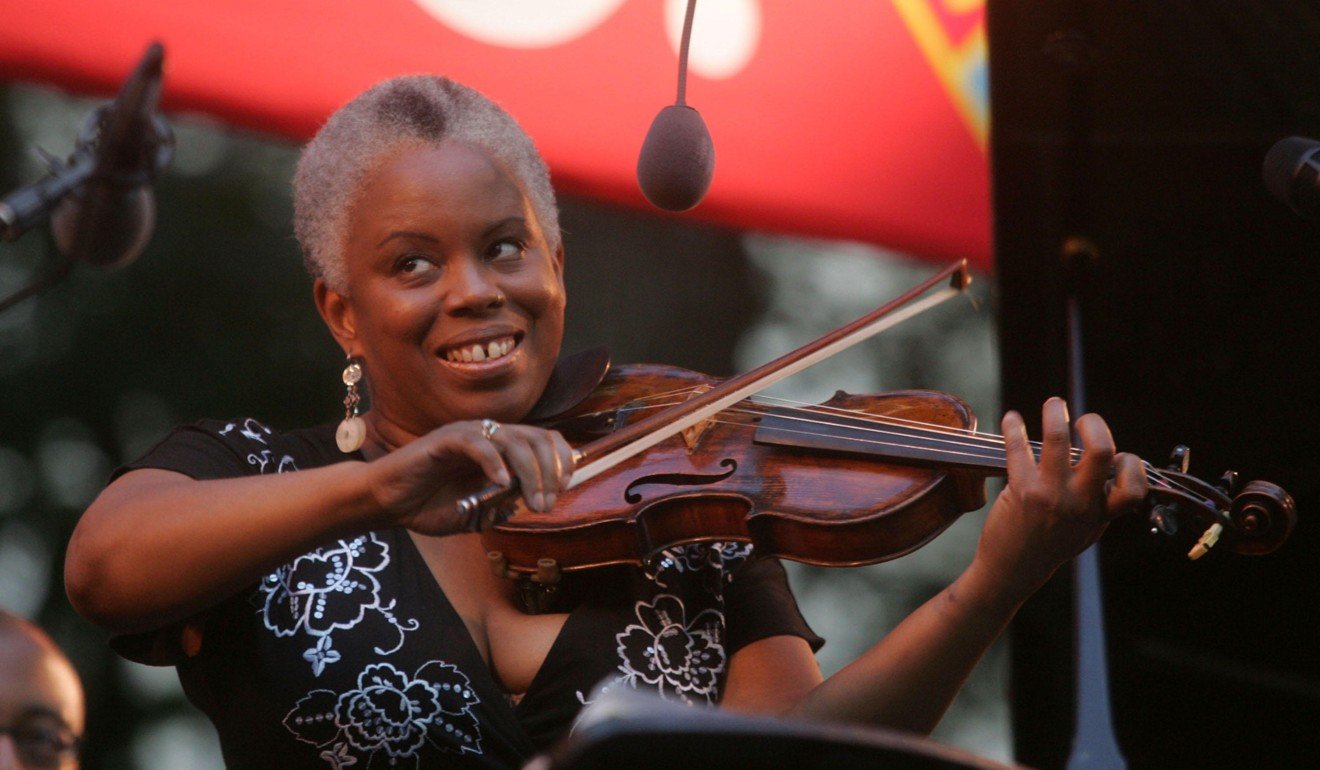
‘It’s big for hip hop’: Pulitzer jury on Kendrick Lamar album Damn’s historic win
University professor Farah Griffin and violinist Regina Carter – two of the five Pulitzer music jurors – talk about how great art needs to be acknowledged and their surprise at the lack of resistance to Lamar’s nomination
The decision to award rapper Kendrick Lamar the Pulitzer Prize for music represents a historic moment for hip hop and American music, according to two of the music jurors who picked the album Damn as a finalist.
“It’s big for hip hop. I think it’s big for our country. It’s big for music. But it’s big for the Pulitzers, too. Institutions are not stuck in time, either. Institutions can change,” said Farah Griffin, a professor at Columbia University in New York.
Kendrick Lamar just one of the artists Badbadnotgood, Canadian four-piece who played Clockenflap 2016, have influenced
Lamar’s win on Monday made history as the first non-classical or non-jazz artist to win the prestigious prize since the Pulitzers included music in 1943. Just having a rapper nominated for the prize is considered a stunning development for awards that usually honour musicians of European classical background.
“I knew that there would be some anger and some resentment and some people who wouldn’t like the idea, but surprisingly enough, I haven’t heard a lot of that,” Griffin said.
Another jury member, Grammy-nominated violinist Regina Carter, linked the award to recent waves of people speaking up and refusing to be told what is and is not worthy. “Great art has to be acknowledged,” she said. “If a work is great enough, you can’t deny it.”

The decision was hailed as a turning point in music history by Jetro Da Silva, a professor at the prestigious Berklee College of Music in Boston who teaches a class on hip-hop writing and production.
“We are at a time in history where perhaps there is a new way to analyse what is considered a contribution to music,” he said. “Critical thinkers are asking what it really means to be a composer and what is a composition. The sky’s the limit.”
In addition to Griffin and Carter, the award’s jury this year included music critic David Hajdu, Paul Cremo from the Metropolitan Opera and the composer David Lang.
We all brought a history to the table and thought, ‘Why not?’ and ‘Why not now?’
The five-member jury listened to about 180 pieces of music. After deliberating for a few days they submitted to the final board three works: Lamar’s album along with Michael Gilbertson’s Quartet and Ted Hearne’s Sound from the Bench. Adding Damn was a unanimous decision by all five.
“Everyone expects that there would have been some form of resistance. There was none,” Griffin said. “It was just welcomed by everyone as an opportunity to have a serious conversation about the art, about Mr. Lamar’s work, but also about what constitutes the kind of music that should be eligible for this.”

The final decision was made by the Pulitzer board, which hailed Lamar’s CD as “a virtuosic song collection unified by its vernacular authenticity and rhythmic dynamism that offers affecting vignettes capturing the complexity of modern African-American life.”
Carter admits she quietly thought to herself that the board was unlikely to give the award to Lamar. “Although we all strongly agreed that this would be such an important step – if this were to really happen – I just didn’t think it would, really.” She said she was happily shocked by the final decision.

The Pulitzers have been accused of past mistakes when it comes to African-American contributions to music. In 1965, jurors recommended awarding a special citation to composer Duke Ellington, but were rejected. And it was not until 1997 that the Pulitzer for music even went to a jazz work.
“All of us sitting at that table were fully aware of Duke Ellington in 1965 being passed over for the Pulitzer and a jazz artist not winning for some time,” Griffin said. “We all brought a history to the table and thought, ‘Why not?’ and ‘Why not now?’”

The Pulitzers have lately expanded their inclusion of popular music, including honouring Bob Dylan’s lyrics with the prize for literature in 2008 (he later also picked up a Nobel Prize for literature in 2016), and giving Lin-Manuel Miranda’s hip-hop-inspired score for Hamilton the Pulitzer for drama.
The Lamar news stunned many and was cheered by the rappers’ fans, including celebrities like Ellen DeGeneres and Anthony Bourdain. Bourdain wrote: “The album was brilliant and deserves every accolade.” Leon Russell, chairman of the NAACP, wrote on Twitter that the win conferred a literary legitimacy but that Lamar had already got “street credibility and artistic authority”.
TV personality Charlamagne tha God noted that Lamar joined African-American luminaries such as playwright August Wilson, writers Alex Haley and Toni Morrison, and musician John Coltrane as Pulitzer winners. “Congrats to that brother! I’m inspired!” he wrote.
Carter said Lamar heartily deserved the award. “I think he’s a genius,” he said. “It’s part of our tapestry. We have to stop dividing the music and the art.”
Is Bob Dylan’s Nobel Prize for literature a joke or an inspired choice?
Griffin, a professor of English and African-American studies who has written about Billie Holiday, Miles Davis and John Coltrane, was a rookie on the Pulitzer jury this year.
“I will cherish that experience, of going through that process,” she said. “On so many levels, I felt like this was major – both the music that we put forward but also what happened in those deliberations.”

